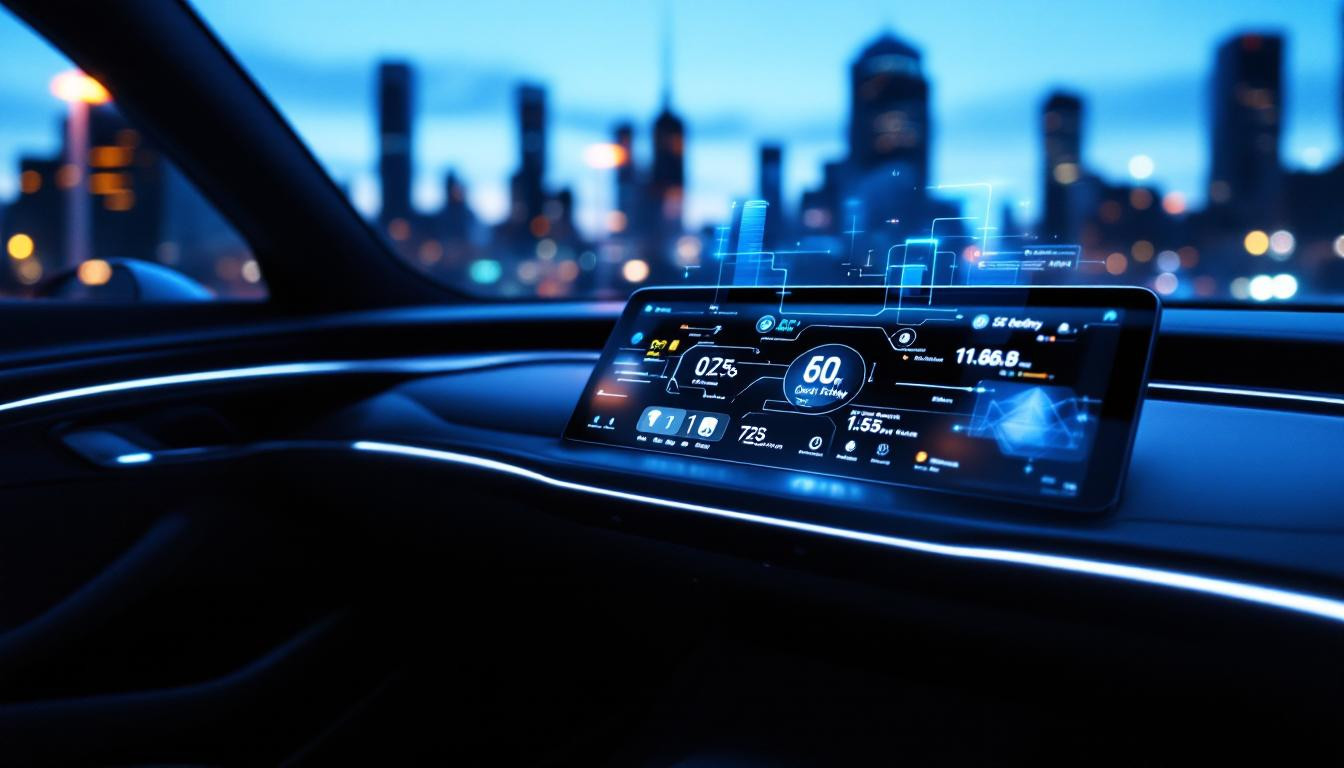Is Apple’s long-rumored car project finally ready to hit the road this spring, or has the tech giant taken a detour? As March 2025 draws to a close, the automotive world continues to buzz with speculation about the mysterious “Project Titan” – Apple’s ambitious venture into the car market that has experienced numerous shifts since its inception in 2014.
The evolution of Project Titan
Apple’s automotive ambitions began over a decade ago, with grand visions of revolutionizing transportation. “We’re focusing on autonomous systems. It’s a core technology that we view as very important. We sort of see it as the mother of all AI projects,” Tim Cook once remarked, highlighting Apple’s initial emphasis on self-driving technology.
However, in a stunning development earlier this year, Apple officially pulled the plug on producing an Apple-branded vehicle. The company has instead pivoted toward enhancing its software integration in the automotive space, particularly through its CarPlay ecosystem.
Technical ambitions that never materialized
Before its cancellation, the Apple Car was rumored to boast impressive specifications:
- Top speed approaching 160 mph
- 300+ mile range on a full charge
- 80% recharge capability in just 18 minutes
- Revolutionary monocell battery design
“Apple wanted to be a partner, not just a material supplier, but automotive companies preferred the latter,” noted one industry insider, pointing to the fundamental challenge Apple faced in forming manufacturing partnerships with established automakers like Hyundai.
From hardware to software: The strategic pivot
Tech analyst Ray Wang observed, “Apple’s decision to reassess its automotive ambitions is a smart and long-awaited move.” This sentiment reflects the growing recognition that Apple’s strength lies in software integration rather than vehicle manufacturing.
Similar to how dealing with challenges often reveals unexpected pathways, Apple’s automotive journey has led to a focus on expanding CarPlay’s capabilities. The next generation CarPlay aims to control virtually every aspect of the vehicle experience, from climate settings to instrument clusters.
Consumer preference driving decisions
Market research indicates consumers increasingly demand seamless technology integration in vehicles. Similar to how fashion trends evolve to meet changing consumer preferences, automotive interfaces are adapting to tech-savvy drivers.
“CarPlay has already solved the in-car experience for Apple. There’s no need for a car,” explains one tech analyst, highlighting how Apple has found its niche without the complexities of vehicle manufacturing.
The AI transformation
The resources previously dedicated to automobile development are now being channeled into artificial intelligence – an area where Apple sees greater potential return. Just as recognizing one’s strengths leads to better outcomes, Apple’s refocus demonstrates strategic self-awareness.
Renowned tech reviewer Marques Brownlee noted, “Apple has realized they don’t need to make a whole car to control the entire car software experience,” underscoring the company’s software-first approach to automotive technology.
The road ahead
While the Apple Car as a physical vehicle seems permanently parked, the company’s influence on automotive technology continues to accelerate. Like how solution-focused thinking leads to better outcomes than dwelling on problems, Apple has adapted its automotive strategy to play to its strengths.
Tech industry observers suggest Apple’s automotive software could be as transformative as the rejuvenating effect of innovative products in other industries, potentially changing how we interact with vehicles without ever building one.
Will Apple’s automotive ambitions ever result in an actual Apple-branded car? For now, the company seems content to let CarPlay be its vehicle for transforming the driving experience – proving sometimes the journey matters more than the destination.
